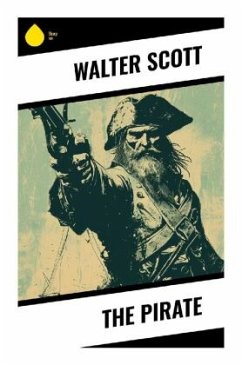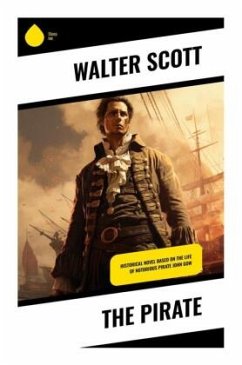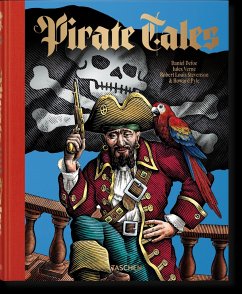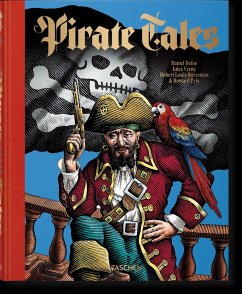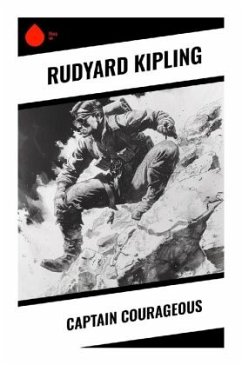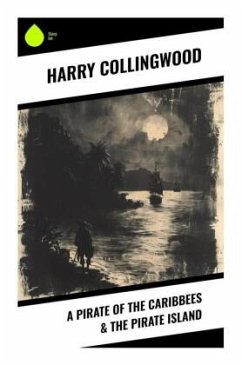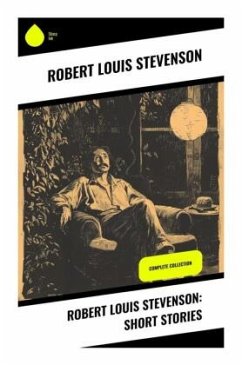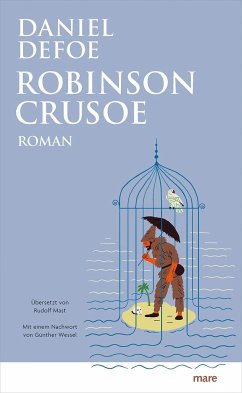
ROBINSON CRUSOE & Its Sequel, The Further Adventures of Robinson Crusoe

PAYBACK Punkte
0 °P sammeln!
In "Robinson Crusoe" and its sequel "The Further Adventures of Robinson Crusoe," Daniel Defoe masterfully intertwines adventure with a profound exploration of self-sufficiency and the human spirit. This seminal work of early 18th-century literature is notable for its realistic narrative style, embellished with detailed descriptions that breathe life into the desolate island where the protagonist is marooned. Defoe's use of first-person narrative not only engages readers with Crusoe's survival tactics but also mirrors the emergent individualism of the Enlightenment era, emphasizing themes of is...
In "Robinson Crusoe" and its sequel "The Further Adventures of Robinson Crusoe," Daniel Defoe masterfully intertwines adventure with a profound exploration of self-sufficiency and the human spirit. This seminal work of early 18th-century literature is notable for its realistic narrative style, embellished with detailed descriptions that breathe life into the desolate island where the protagonist is marooned. Defoe's use of first-person narrative not only engages readers with Crusoe's survival tactics but also mirrors the emergent individualism of the Enlightenment era, emphasizing themes of isolation, creativity, and resilience in the face of adversity. Daniel Defoe, a pioneering novelist and pamphleteer, drew upon his own experiences of exile, enterprise, and encounters with colonialism to craft this iconic narrative. His background in business and journalism imbued him with a keen understanding of human motivation and societal dynamics. Defoe's keen observations of diverse cultures and his personal trials reflect in Crusoe's multi-faceted journey, where he evolves from a mere castaway into a symbol of industriousness and self-discovery. For readers seeking a profound narrative that transcends mere adventure, "Robinson Crusoe" and its sequel offer rich insights into human endurance and ingenuity. These works not only entertain but also provoke thought on the nature of civilization and self-reliance, making them essential reading for anyone interested in the roots of English literature and the human experience.





